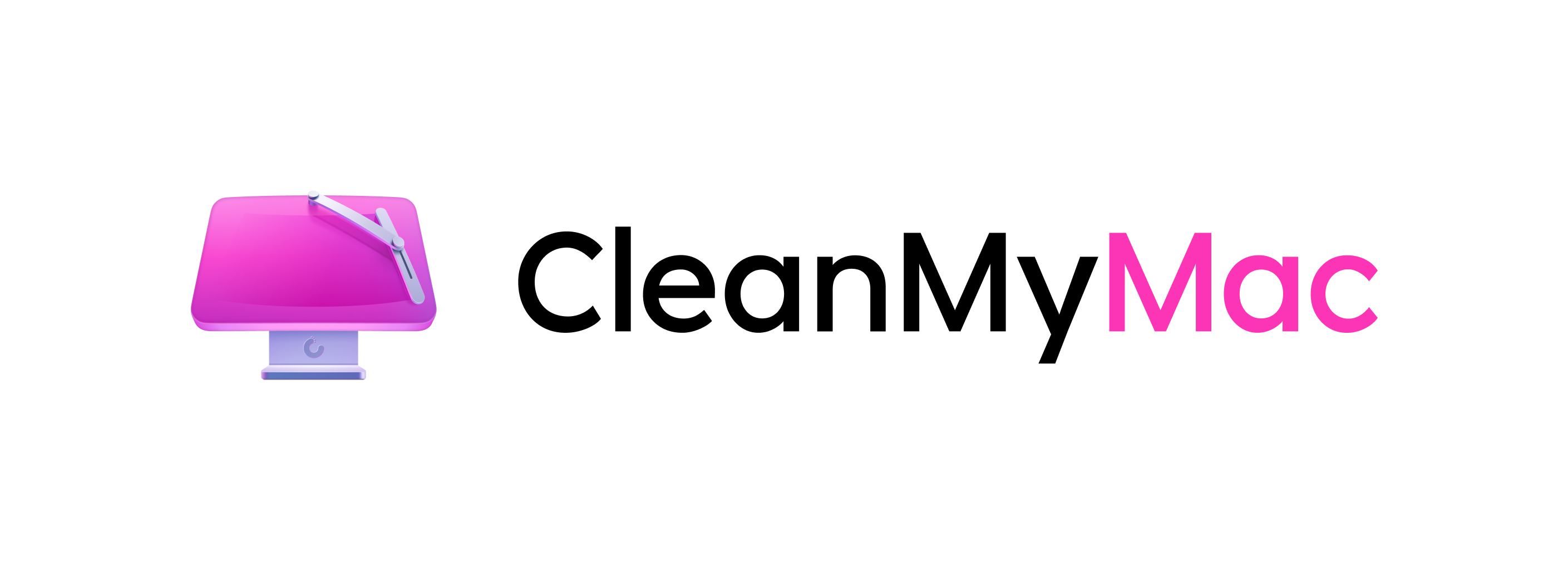
· 4 min read
The Power of Grooming, Workflow for Maximum Productivity
I discuss the concept of grooming in software engineering and how it can be applied to various areas of life.
Edited Transcription
Hey everyone, in this episode, I want to discuss something related to software engineering that can be applied to various topics—project grooming.
Let me give you a few examples.
So, what am I talking about? I’m talking about grooming. But hold on, there are no brushes involved.
In software development, when following a process called Scrum, we engage in grooming. The specifics aren’t necessary for this episode, but essentially, it involves reviewing all the work that needs to be done.
This approach is much more productive than doing all the preparation right before you start
New work constantly comes in from different sources, such as finding issues, receiving requests, or implementing new features. The details aren’t crucial here.
The idea behind grooming is that, at regular intervals (maybe once a week or so), you sit down with your team (or by yourself) and go through everything to ensure everything is up to date.
Each item should have the latest notes and the correct status. Essentially, you do whatever you can to move things forward or ensure all the necessary information is there.
For example, if you had a meeting and took notes, you add those notes to the item.
The purpose of this practice is that, by doing it regularly, you can pick up any item and start working on it at any time. The thing will have all the latest information and be ready to go.
I believe this approach can be applied to almost anything, and I use it in all my projects.
Now, some of you might think, “Isn’t this overkill for side projects or personal endeavors? It seems like managing the work of the work.” But here’s the thing: you’re already doing it. You might not realize it.
However, more often than not, you’re doing it too late. You’re doing it when you sit down to start something.
For example, you have 15 minutes to write a blog post. If you spend the first 5 or 10 minutes figuring out what to write about, you only spend 5 minutes on the actual writing process. I hope you understand the concept based on this example.
The same applies to other activities, like photography. If you spend the first 20 minutes of an hour-long session preparing your equipment, formatting cards, and connecting cables, you’re not taking pictures; you’re just prepping or grooming.
Suppose you do the grooming ahead of time and make it a regular habit (which is quick and easy to do, by the way). In that case, you’ll find that when you say, “I’m going to write a blog post,” or “I’m going to paint a picture,” or “I’m going to take some photographs,” or “I’m going to work on some software bugs,” or “I’m going to do some marketing,” you’ll be able to sit down, grab an item, and start working on it.
This approach is much more productive than doing all the preparation right before you start.
Plus, if you have to do all the prep work at the beginning, it can be draining and prevent you from engaging in the creative process.
I wanted to share this idea to give you something to think about. It has become second nature to me because I’ve been doing it for many years in my day job, and I’ve also applied it to all my projects, whatever they may be.
It could even be something as simple as journaling. If everything is ready to go in my journal, I can sit down and start writing right away.
So, please take a moment to think about it. If you have any opinions or suggestions or believe this is either silly and pointless or very beneficial and want to share your experience, I’d love to talk to you about it.
I’d happily have you on the podcast to discuss it further.
You can contact me at PeterWitham.com/contact and let me know what you think. Maybe we can arrange something because, trust me, this approach changes the way you think about doing things and being creative.
That’s it, folks! See you in the next one.


